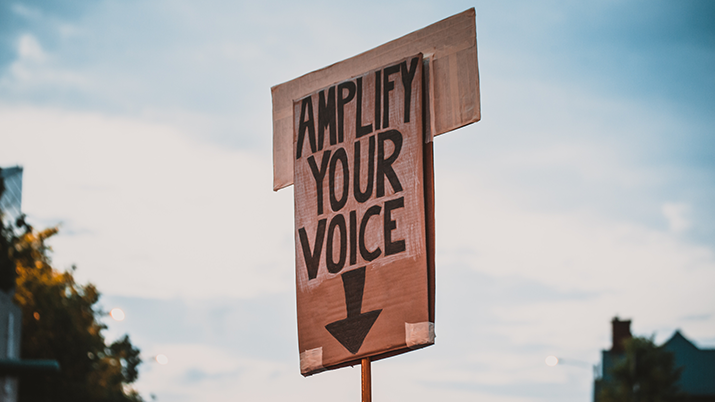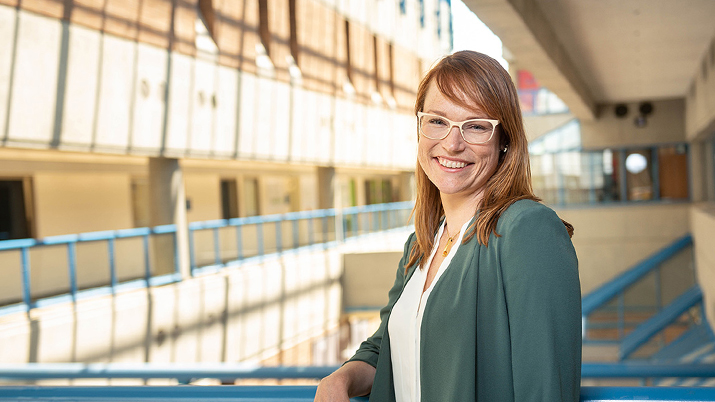Created from months of casual discussion and one impromptu walk around campus, the Intersectional Perspectives in Psychology (IPP) Journal Club officially launches on September 30, 2020.
Throughout their studies, UBC Psychology undergraduate student Victoria Wardell and recent BA graduate Leor Elizur found a lack of discussion surrounding the lived experiences and identities of diverse, and often marginalized, populations. In order to reconcile this gap, they combined forces to launch the IPP Journal Club.
“It’s hard to understand human behaviour without understanding people’s lived experiences and their identities—and how those contribute to our behaviour and how we move through the world.”
“Psychology is a field that tries to understand human behaviour. It’s hard to understand human behaviour without understanding people’s lived experiences and their identities—and how those contribute to our behaviour and how we move through the world. I think this understanding is such an important part of psychology and there can be so much more of it,” says Leor Elizur on the interaction between psychology and intersectionality.
The IPP Journal Club provides a space for the exploration of psychological research that takes on a social justice driven lens. By inviting distinguished scholars each month to present their research, followed by a peer-driven discussion, the club aims to acknowledge, celebrate and study those incorporating intersectionality and social justice topics into their research.
“What really sets us apart from other clubs is our emphasis on action. This isn’t just about reading articles, but to work together and gather knowledge.”
“What really sets us apart from other clubs is our emphasis on action. This isn’t just about reading articles, but to work together and gather knowledge. The dream for this club is that it goes on to impact the way we engage with other coursework, our entire undergraduate degree, potential volunteering and research lab work—how we go out into the world,” says Victoria Wardell on the club’s focus on fostering a more diverse and inclusive mindset.
The IPP Journal club is committed to providing a space for students to engage with social justice driven psychological research. Those passionate about challenging research norms and broadening perspectives in the field of psychology are welcomed and encouraged to join in the monthly discussions.
With an inspiring start and encouraging first response to the creation of the IPP, Leor and Victoria invite you to their first monthly meeting on September 30, 2020.
Learn more on the journal’s website and read a list of future articles for discussion.
About the IPP journal’s co-founders


Victoria Wardell is a 4th year BA Honours Psychology student at the University of British Columbia. She has been involved in many research laboratories during her undergraduate degree, gaining experience in both quantitative and qualitative study design and analysis. She has gone on to present her research at international conferences and has published in the peer-reviewed journal Behavioral Research Methods. Additionally, Victoria works at WAVAW rape crisis centre, where she witnesses the impact of intersecting identities on lived experiences of oppression. Victoria hopes to pursue graduate studies in psychology and is passionate about incorporating anti-violence practices into her future research.





